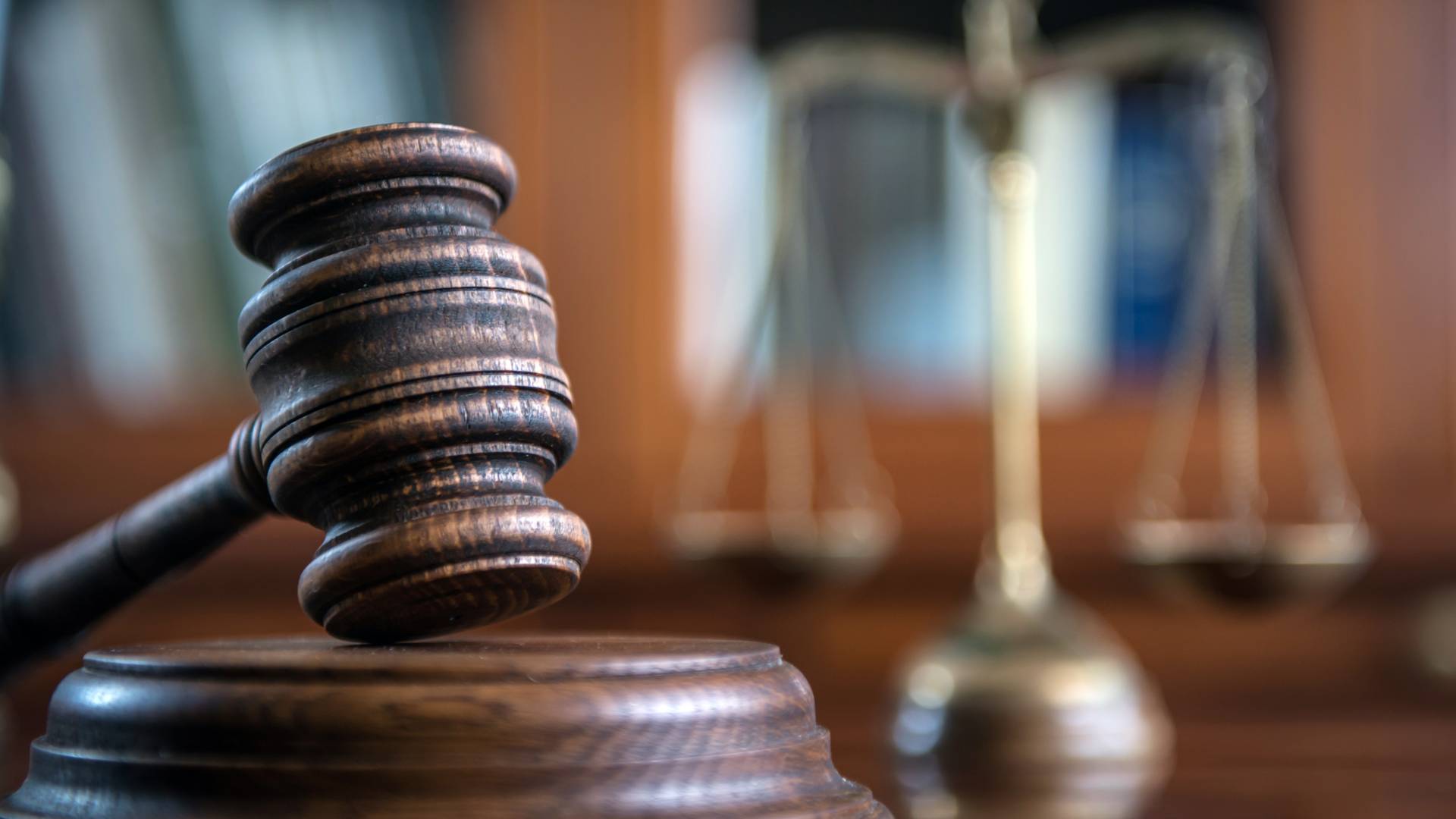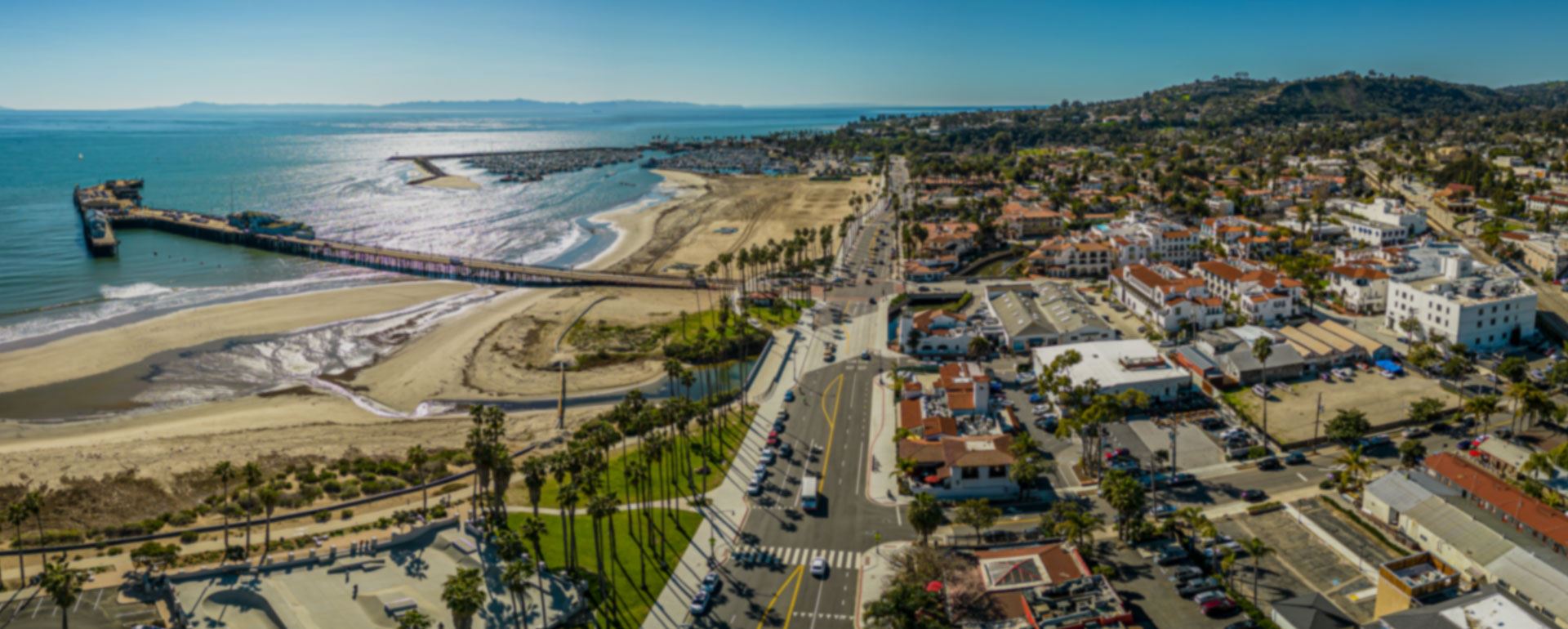
SOLVANG PUBLIC INTOXICATION DEFENSE ATTORNEY
California Penal Code 647(F): Public Intoxication Defense Attorney
Solvang is a small town known for its charm and wine! They offer self-guided wine walks, wine tasting tours, and even a wine biking tour. Solvang is the perfect place to unwind and get a buzz, however excessive alcohol consumption can lead to arrest on a charge of public drunkenness. California Penal Code 647f defines public intoxication as being willfully under the influence while you are in a public area. You must also be intoxicated to the point where you cannot care for your safety or the safety of others around you, and/or to the point that you have become a hindrance or obstruction to other people using the public walkways, such as pavements or streets.
In order to convict you of public intoxication, the prosecution must prove each of the following elements beyond a reasonable doubt:
- You were under the influence of alcohol, any drug and/or an inhalant, and
- You were in a public place, and
- You were unable to exercise care for your safety or for the safety of someone else, or
- You interfered with, obstructed or prevented the free use of any street, sidewalk, or other public way.
If you have been arrested for being intoxicated in public, it does not mean that you are guilty. It’s important to vigorously fight a public intoxication charge because a criminal conviction will stay on your record and can adversely affect job and educational opportunities down the road.
A former Prosecutor for the District Attorney’s Offices in Santa Barbara and San Diego Counties, Sanford Horowitz and his legal team will offer you a free consultation, investigate the evidence against you, and recommend practical steps to achieve the best possible results in your case.
PUBLIC INTOXICATION PENALTIES
Under California Penal Code 647f, being drunk in public is a misdemeanor offense. A misdemeanor offense in Solvang is punishable with a fine of less than $1000 and a jail term of fewer than 12 months. Persons convicted of 647f can be sent to jail for up to six months, fined up to $1000, and sentenced to informal probation. The penalties are enhanced for subsequent drunk in public charges. Examples of public intoxication include:
- After a bartender cuts Adam off because he is intoxicated, Adam grabs a stool and throws it across the bar.
- While drunk, Danny lies down on a set of train tracks and fights off a passerby that tries to move him.
- Molly, under the influence of cocaine, passes out on a sidewalk and thereby forces people walking by to step over her.
If you are under age 21, and you are convicted for public intoxication, you can also lose your driver’s license for one year (California Vehicle Code Section 13202.52). If you do not have a driver’s license, the court will order the Department of Motor Vehicles to delay issuing you a driver’s license for one year subsequent to the time you become legally eligible to drive.
A public intoxication conviction may have negative immigration consequences. Under the United States immigration law, certain kinds of criminal convictions in Solvang can lead to a non-citizen being deported. Some convictions can also make an immigrant “inadmissible”.
The major categories of “deportable” or “inadmissible” crimes are:
- crimes of moral turpitude,
- aggravated felonies,
- controlled substance (drug) offenses,
- firearm offenses, and
- domestic violence crimes
If a defendant violated this statute because he was intoxicated via drug use or by using a controlled substance, then there may be grounds for deportation or inadmissibility.
If you willfully resist, delay, or obstruct a public officer, in the discharge or attempt to discharge any duty of the officer, you are guilty of resisting arrest PC 148(a)(1). The crime of resisting, obstructing, or delaying an officer is charged as a misdemeanor. If found guilty, you may be punished by up to one year in jail.
FIGHTING A PUBLIC INTOXICATION CHARGE
If you are accused of a crime under this statute, then you can challenge the accusation by raising a legal defense. A good defense can often get a charge reduced or even dismissed.
Three common defenses to this crime are to show that you were:
- not in a public place,
- involuntarily intoxicated, and/or
- there was no interference or obstruction.
FIGHTING A PUBLIC INTOXICATION CHARGE
If you are accused of a crime under this statute, then you can challenge the accusation by raising a legal defense. A good defense can often get a charge reduced or even dismissed.
Three common defenses to this crime are to show that you were:
- not in a public place,
- involuntarily intoxicated, and/or
- there was no interference or obstruction.
NOT IN A PUBLIC PLACE
The term “in public” has a very specific definition under this law and has been interpreted by the courts in certain ways. It is always a legal defense to PC 647f accusations for an accused to say that, although intoxicated, they were not in a public place. You may argue, for instance, that you were drunk in your own home.
INVOLUNTARILY INTOXICATED
You must be “willfully under the influence” to be guilty of public intoxication in Solvang. If you were drunk because you accidently ingested drugs or alcohol, or did so involuntarily, then you are not guilty of public intoxication.
NO INTERFERENCE OR OBSTRUCTION
You may be convicted if you interfered with or obstructed the free use of a street, sidewalk, or other public way, while intoxication. If you can prove that you did not interfere with a public way, then you will have a strong defense. For example, if you were so drunk that you fell asleep behind a dumpster in an alley, you are not obstructing any public area.


The Right Firm Makes a Difference
Why Clients Choose Us
-
Aggressive & Compassionate RepresentationYou are our number one priority in and out of the courtroom.
-
Former Prosecutor on Your Team
Work with an experienced former prosecutor who knows both sides.
-
Providing Service in SpanishCriminal defense provided by a Spanish-speaking team.
-
Offering 100% Free ConsultsTalk through all of your legal options during a free consultation.

What Clients Are Saying
-
A former prosecutor, Sandy is a skilled litigator who understands both sides of the criminal justice system, which is a tremendous asset. While we hope never to be in a similar situation again, we can recommend Sandy without hesitation.- Ann S.
-
A great relief and reassurance to anyone potentially facing criminal charges.- S.A.
-
To say that Horowitz is a great lawyer is an understatement. I would highly recommend him to anyone dealing with a legal issue.- Haley S.
-
In addition to being highly intelligent and professional, he is incredibly empathetic and kind, which helps when dealing with life’s unpleasant situations.- Eli S.